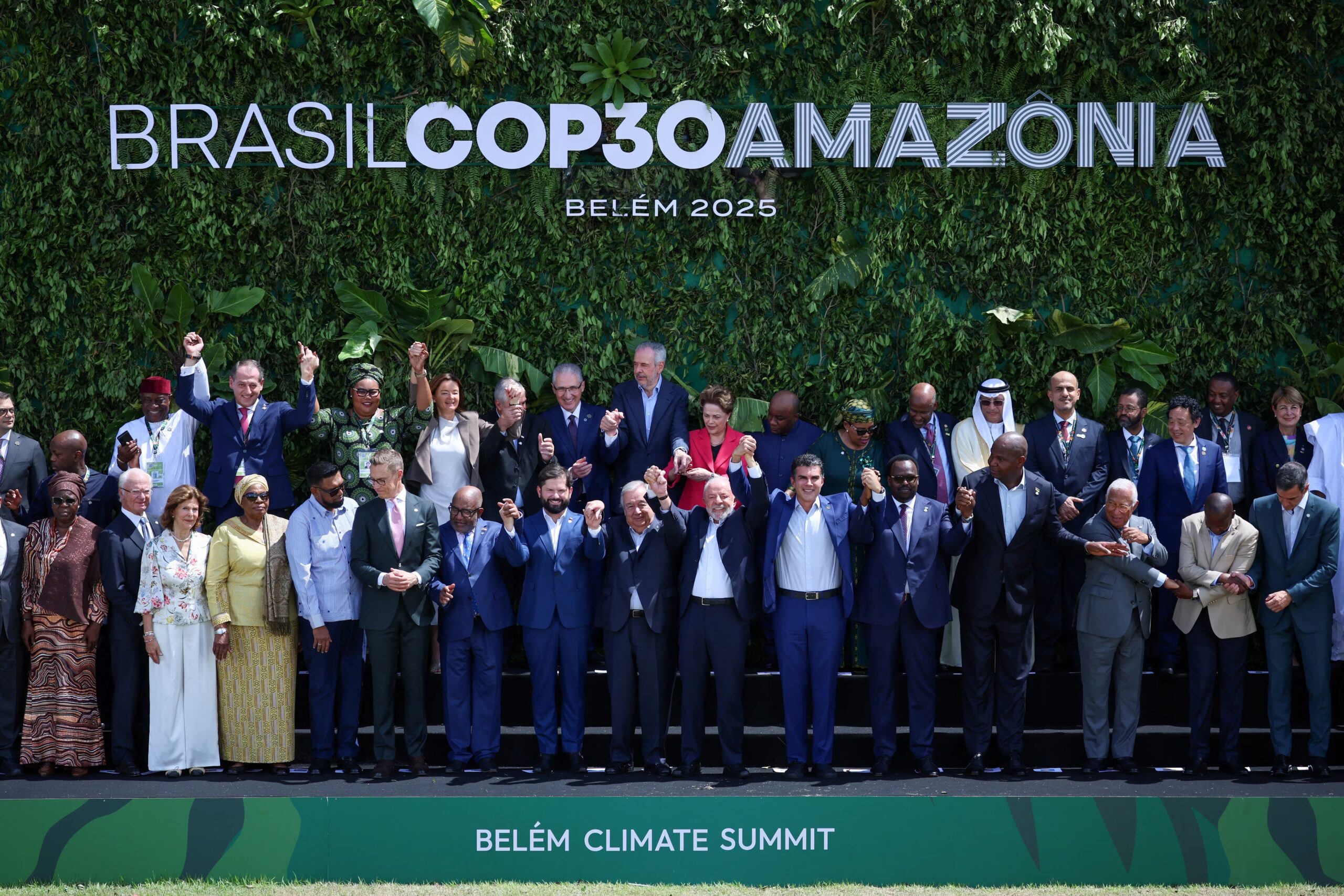COP30 in Brazil, the ‘Conference of Truth’ faces a crucial climate test
Set against the lush but imperiled backdrop of the Amazon, COP30, may well define the next chapter in global climate action — testing whether nations can translate promises into measurable results before the window to limit global warming closes.

As the COP30 climate summit opens in Belem, Brazil, nations are once again convening to set ambitious targets aimed at curbing catastrophic global warming.
But with the 1.5°C Paris Agreement threshold already breached; major hurdles remain before meaningful greenhouse gas reductions are realized.
Belem, on the edge of the Amazon, is hosting between 40,000 and 50,000 participants, including heads of state and government from nearly 200 countries.
The city has had to get creative with accommodations, from converted strip clubs to multi-story steamboats, even docking cruise ships to house delegates — underscoring the scale of this global event.
The location is symbolic. The Amazon plays a vital role in regulating regional and global climate, yet it faces devastating impacts from forest fires, droughts, and shifting rainy seasons.
Local communities here bear the brunt of deforestation and extreme weather events — a stark reminder that climate change hits the poorest hardest.
Brazilian President Luiz Inácio Lula da Silva has called COP30 a “conference of truth”, emphasizing the need to confront climate realities and implement action.
Similarly, Brazilian officials have dubbed it a “conference of implementation”, reflecting frustration that global climate commitments have lagged.
Currently, no country is fully on track to meet the 1.5°C goal set under the 2015 Paris Agreement.
Adaptation, finance, and accountability
Key discussions in Belem will focus on climate adaptation. Vulnerable countries are demanding clear indicators to measure success in protecting communities, ecosystems, and economies from rising temperatures. They also call for greater financial support from wealthier nations historically responsible for higher emissions.
COP President Andre Correa do Lago expressed frustration over delayed commitments: “Two deadlines have already passed without countries fulfilling their pledges. That is annoying.” Fewer than 70 nations had submitted updated climate targets by November.
Brazil seizes the global stage
For Brazil, COP30 is an opportunity to showcase leadership in sustainable development while demonstrating economic progress. The summit will feature initiatives like the Tropical Forest Forever Facility, a fund aiming to raise $125 billion to protect tropical forests, with at least 20% of payments benefiting Indigenous communities.
Global observers note that Germany’s retreat from ambitious climate targets and its continued investment in fossil infrastructure could undermine EU and worldwide efforts. Meanwhile, China increasingly plays a leading role but remains primarily focused on national interests.
Climate experts stress that Belem must deliver tangible commitments, technological support, and concrete action rather than rhetoric. As Mohamed Adow of Power Shift Africa warns, what the world needs is “concrete ambitions, concrete technology transfer, not the usual platitudes.”
COP30, set against the lush but imperiled backdrop of the Amazon, may well define the next chapter in global climate action — testing whether nations can translate promises into measurable results before the window to limit global warming closes.












